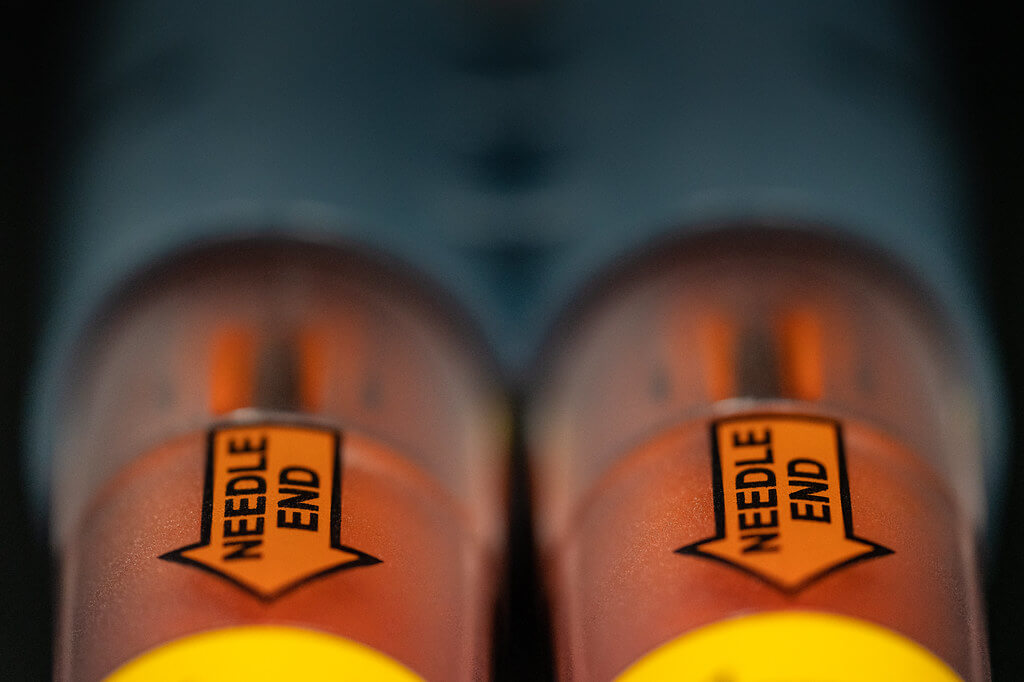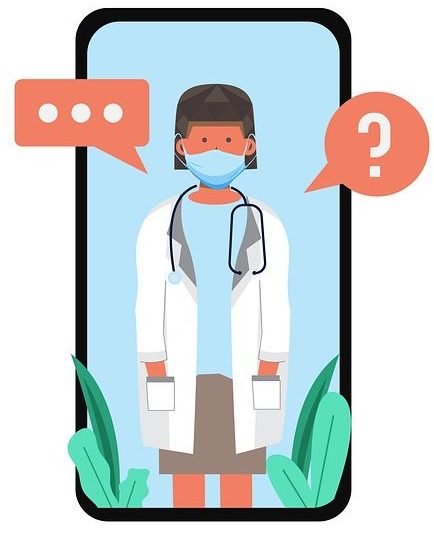
Written by Justyna Szklarzewicz
Lead Nurse, NIHR Leicester CRF
October 2020
Continuing 'Never Stop' Clinical Trials
During the pandemic research staff have quickly adapted to new ways of working.
While many studies have been paused, some studies have changed their protocols so patients can continue to receive potentially life-changing treatments.
One of the most radical examples took place in a clinical trial for the rare kidney disease, IgA nephropathy. Prior to the pandemic, one patient regularly traveled from Glasgow to have a treatment in Leicester. However, due to restrictions in travel and because the patient was shielding, these trips were no longer feasible.
Finding New Ways of Working
Gary is part of a 36 week treatment plan receiving doses of a new medicine. Ordinarily, this could have continued during lockdown because it would be unethical to stop the treatment, but for the fact that, Gary lives in Glasgow!
The study team was concerned because Gary had already missed two doses. He was keen to continue with the trial, so after consulting the study sponsor they took the extraordinary decision to assist him in self-dosing via video consultation.
Gary received a kit containing six vials of medicine, an epipen, a blood pressure monitor, a thermometer and everything else he would need.
Initially we tried to have a Glasgow-based nurse carry out the dosing. However, due to the restrictions of the trial this was not possible

SELF-DOSING LIFE-CHANGING TREATMENT
g
Instead, Gary was given the option to self-administer the treatment.
I spent one day training Gary over a video call, walking him through the steps of mixing the vials and properly injecting himself.
He said: “I was a little bit apprehensive about having to stick a needle in my own stomach and worried about some procedural details, but it was actually fine and went smoothly. Justyna called ahead and talked through everything with me, she was watching every move on the day. I definitely wouldn’t have been able to do it with just an instruction manual. Having her there helped with little details like needle position. It was fine and I barely felt it!”
Ensuring Patient Safety
The next day I walked Gary through the procedure again as he checked his vitals, drew the medicines from the vials and self-injected into his abdomen. Throughout the training and self-dosing he was confident and calm.
While it is not routine to ask patients to self-administer treatments in this manner, we agreed that the success of this move may open up more opportunities for patients from further afield to take part in clinical trials in the future.
I would prefer to train patients in person, and require them to be on site for initial doses to ensure staff were present should any adverse reaction take place. Self-dosing may not be for everyone, instead it requires a holistic understanding of the patient. Most important is that they feel confident and supported throughout.
If patients could self-dose it would limit the number of hospital appointments they’d have to attend, making trials more accessible regardless of geography, and that’s very exciting.
The Patients Experience
Gary is in agreement: “I would always have been apprehensive about self-administering but honestly think there’s little difference between face to face and virtual training. For me it felt like she was there. I think it would be great if people had the choice to do this long term. I do think the first in-person visit or two is useful for asking questions and meeting the team, but I’d prefer to continue with self-dosing rather than travelling.”




